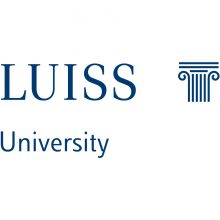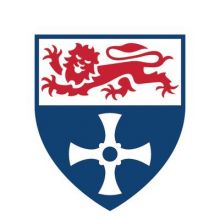About University of St Gallen
Founded more than a century ago as a “business academy”, the University of St. Gallen is focused on management, humanities, law, finance and political and social science, with a focus on practical education. In addition to five schools, the university has 29 affiliated research institutes, which although managed by academics, are run independently as businesses. This is where St. Gallen trains many of its junior research staff, allowing them to understand the professional world and be well placed to start spin-off companies.
The city of St. Gallen itself sits between the Swiss Alps and Lake Constance, has around 80,000 inhabitants, and boasts one of the highest proportions of young people in Switzerland. The university’s campus has a view of the city, and is just a 15 minute walk to the centre. Works of art from a number of famous artists adorn the buildings, while there is also a sports hall and two crèches.
When it comes to studying, the university offers a broad curriculum, and students must attend lectures in additional subjects such as history, sociology, psychology, business ethics and philosophy. The aim is to get students thinking critically, as well as give them the skills to deal with social and cultural challenges they encounter during their lives and careers.
St. Gallen also runs a ‘children’s university’, aimed at youngsters from primary school to sixth form, where they are taught issues that they might not learn about at school – particularly in the university’s key areas of business, economics and law.
Explore these featured universities
Explore rankings data for University of St Gallen
Compare universities on their key stats
Key statistics
- 12.9No. of students per staff(1)
- 33%Percentage of International Students(1)
- 36 : 64Student Ratio of Females to Males(1)
- 18%Proportion of ISR Publication(1)
- 8,799Number of FTE Students(1)
Subjects taught at University of St Gallen
Computer science
- Computer Science
Business & economics
- Business & Management
- Accounting & Finance
- Economics & Econometrics
Law
- Law
Social sciences
- Politics & International Studies (incl Development Studies)









